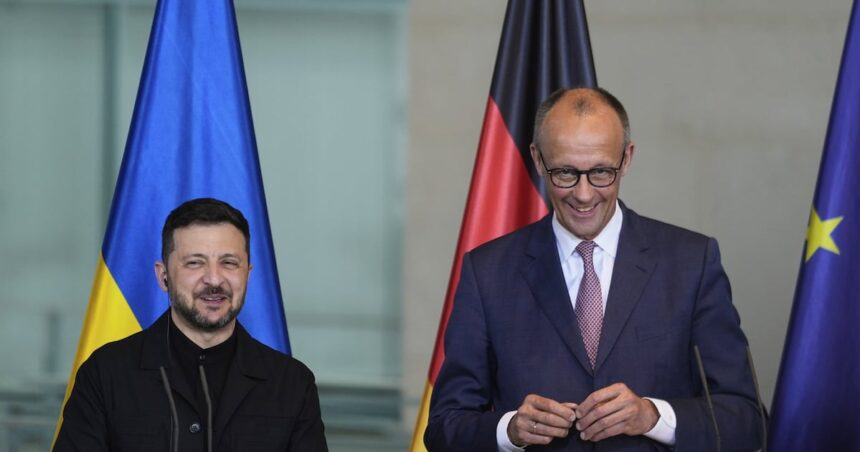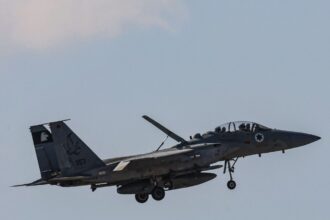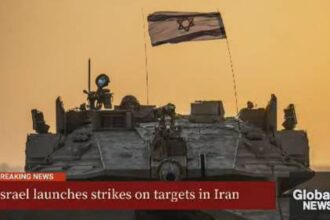In a significant diplomatic initiative, German Chancellor Olaf Scholz is orchestrating a series of high-level discussions aimed at charting a path forward in the protracted Ukraine conflict. These talks, set to include U.S. President-elect Donald Trump and Ukrainian President Volodymyr Zelenskyy, represent one of the most comprehensive diplomatic efforts since Russia’s full-scale invasion began nearly three years ago.
Chancellor Scholz’s diplomatic blitz comes at a critical juncture for Ukraine, as battlefield dynamics shift and Western allies grapple with sustaining long-term support. The German leader has emphasized the need for a “peace initiative that deserves its name,” signaling Berlin’s heightened role in seeking resolution to a conflict that has profoundly reshaped European security architecture.
“What we’re witnessing is Germany stepping into a more assertive diplomatic position,” said Dr. Helena Weisberg, senior fellow at the Toronto Institute for International Affairs. “Scholz recognizes that with a new administration entering the White House, there’s both uncertainty and opportunity regarding Western unity on Ukraine.”
Sources close to the German chancellery indicate the talks will address several contentious issues, including potential security guarantees for Ukraine, the thorny question of territorial integrity, and the framework for eventual reconstruction efforts. The discussions will unfold against the backdrop of Trump’s previous criticism of U.S. aid to Ukraine and his claims of being able to end the war “within 24 hours” – statements that have raised concerns in Kyiv and European capitals.
European leaders, particularly from frontline states like Poland and the Baltic nations, are expected to press for continued solidarity with Ukraine. Polish President Andrzej Duda has consistently warned that any settlement perceived as rewarding Russian aggression would threaten regional stability and embolden further revisionist actions.
The economic dimensions of the conflict will inevitably feature prominently in these discussions. The war has triggered energy price volatility, supply chain disruptions, and heightened defense spending across Europe. Germany, as the continent’s largest economy, has absorbed significant costs while simultaneously reducing its dependence on Russian energy imports – a transformation that once seemed unimaginable.
Ukraine’s Zelenskyy, meanwhile, arrives at these talks from an increasingly precarious position. Recent Russian advances in eastern Ukraine have highlighted the challenges facing Ukrainian forces despite substantial Western military support. Zelenskyy has steadfastly maintained that any peace framework must respect Ukraine’s territorial integrity, including Crimea – a position that appears fundamentally at odds with Moscow’s objectives.
“President Zelenskyy faces perhaps the most difficult diplomatic balancing act of his presidency,” notes Canadian foreign policy analyst James Morrison. “He must maintain Western support, demonstrate progress to his war-weary population, and yet avoid any appearance of capitulation that would be politically untenable domestically.”
The timing of these diplomatic maneuvers coincides with growing public discourse in Western nations about the sustainability of current support levels for Ukraine. Recent polling shows war fatigue affecting public opinion, particularly as domestic economic concerns remain prominent across North America and Europe.
For Chancellor Scholz, successfully navigating these complex diplomatic waters could define his legacy. Germany’s historical reluctance to assume leadership in security matters has evolved dramatically since February 2022, when Scholz announced the “Zeitenwende” or historic turning point in German foreign policy.
These upcoming talks represent not just a diplomatic initiative but a pivotal moment that may determine whether 2024 brings new pathways to resolution or a deepening of a conflict with profound implications for global security. As these leaders prepare to convene, the question remains: can diplomacy succeed where military force has resulted in stalemate, or are we witnessing merely another chapter in a tragically protracted conflict?










